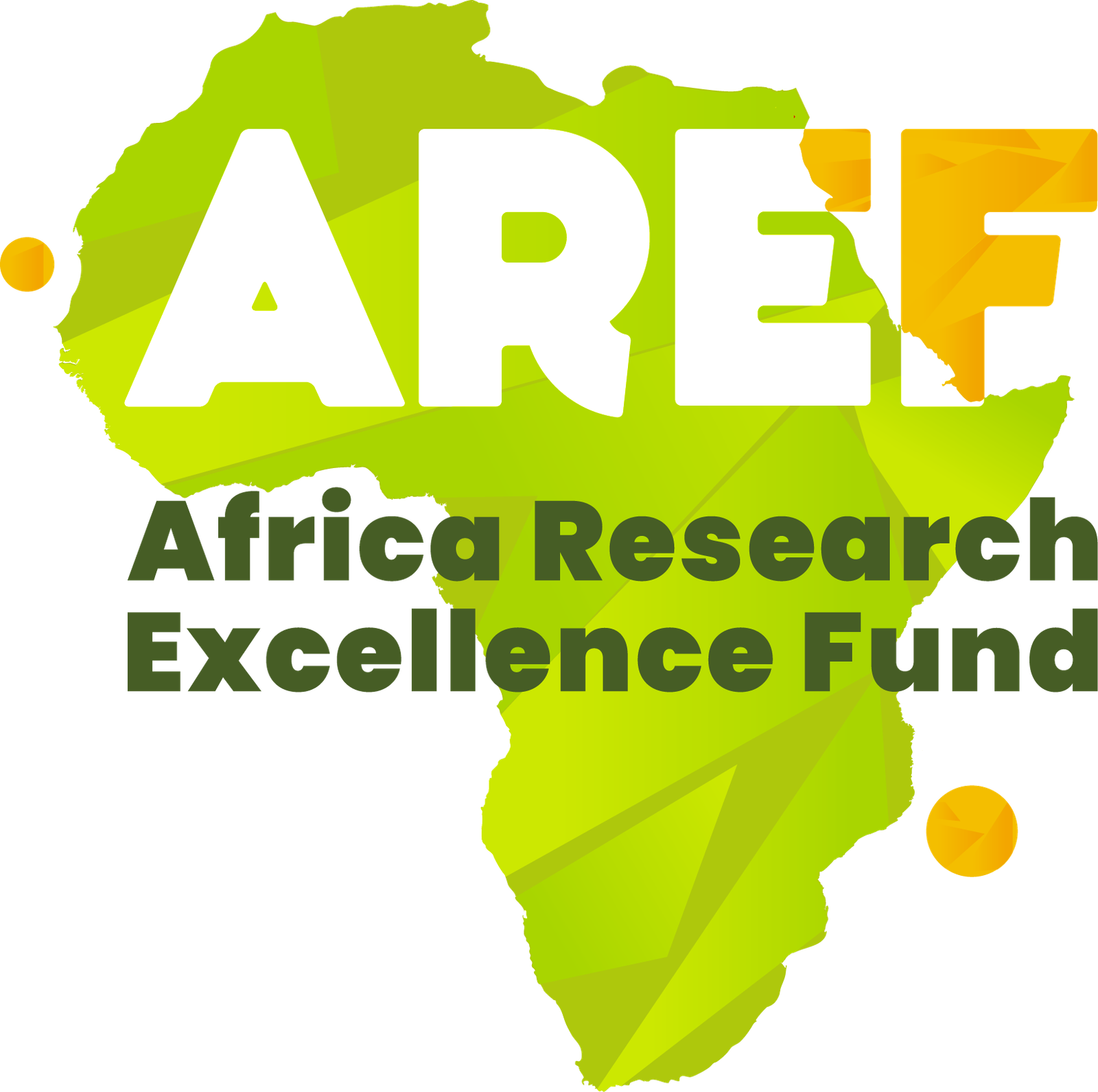Dr Pauline Bakibinga is an associate research scientist at the African Population and Health Research Center in Kenya. After gaining her PhD in 2013, Pauline left her home in Uganda and moved to Kenya, where she wanted to focus on strengthening healthcare to help the most disadvantaged and vulnerable people in the country. The group she identified as having an urgent need for better care was expectant mothers and new-born children, especially in crowded urban areas where women have poor access to public health services.
Pauline began seeking funding to continue her research, but she hadn’t received any training to help with applying for her own research funding.
Since participating in AREF’s grant-writing workshop in Senegal in 2017, Pauline has secured grants from leading funders in the UK, including the Medical Research Council (MRC) and Comic Relief, and the Bill & Melinda Gates Foundation in the US, amounting to over £1 million in additional funding.

The workshop was tailored to meet our needs and the facilitators were fantastic. I discovered that learning about my competitors and understanding potential funders is crucial. It helped me pitch my project effectively, ensuring I capture the funder’s attention straight away. If you don’t capture their interest from the start, you’ve already lost the battle.
It also gave me the chance to establish connections with people from across the continent. I’m now part of a research family that stretches across Western and Central Africa, with some of these collaborators addressing the same fundamental problems as me.
The new skills I’ve picked up have also enabled me to serve as a mentor to more junior researchers, who have now completed their Master’s degree and doctoral programmes, and are actively contributing to research development in Africa.
Having completed a project in Kenya, which engaged local ‘elders’ to act as advocates for maternal and neonatal healthcare, Pauline is now focusing on the potential of digital technology.
Working with collaborators at the University of Warwick and King’s College London in the UK, she is exploring how digital technology can be harnessed to improve health in underserved populations, particularly mothers and their new-born babies. “Mobile and electronic technologies have the potential to improve access to and use of health services. Ultimately, we want to stop so many women and new-born babies dying needlessly. And it’s thanks to AREF’s training that I now have the funding I need to achieve this ambition.”


